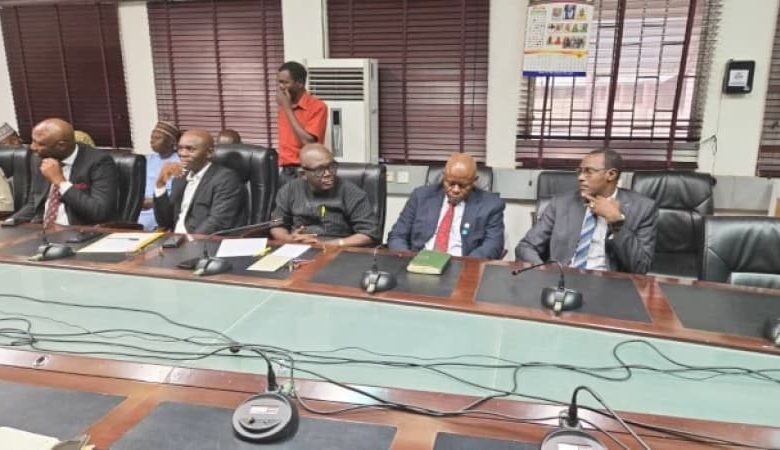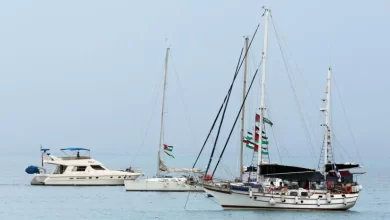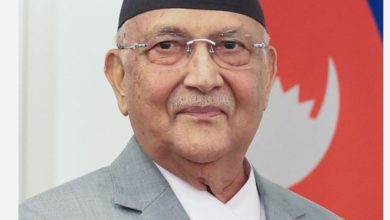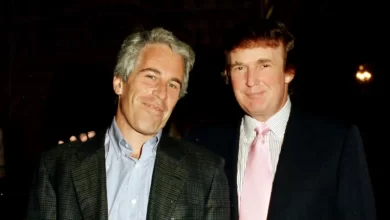Dangote vs NUPENG: Peace meeting ends in deadlock

The closed-door meeting organised by the Federal Government to broker peace between the Nigeria Union of Petroleum and Natural Gas Workers (NUPENG) and the Dangote Group has ended in a deadlock.
The meeting was led by the Minister of Labour and Employment, Mohammed Dingyadi, as well as the Minister of State for Labour and Employment, Nkiruka Onyejeocha, as part of efforts to resolve the industrial dispute between the two parties to avert the planned industrial action by NUPENG.
Present at the meeting were the national executives of NUPENG and officials of the Nigeria Labour Congress (NLC) and the Trade Union Congress (TUC).
Also present was the Executive Director, Distribution Systems, Storage and Retailing Infrastructure of the Nigerian Midstream and Downstream Petroleum Regulatory Authority (NMDPRA), Ogbugo Ukoha, as well as representatives of the Dangote Group and MRS Petroleum.
NUPENG had last Friday announced that its members would cease work from September 8 in protest against alleged moves by the Dangote Refinery to prevent its compressed natural gas (CNG) tanker drivers from joining labour unions.
Although both the Petroleum Tanker Drivers (PTD) and the Direct Trucking Company Drivers Association (DTCDA) distanced themselves from the planned action, NUPENG reaffirmed on Sunday that it would proceed with the industrial action.
Worried by the impact of the planned strike, the Federal Government on Sunday urged the union to reconsider its decision.
Dingyadi, in a statement signed by the ministry’s head of information, Patience Onuobia, appealed to NUPENG to suspend the strike and give room for dialogue.
The Minister of Labour and Employment also called on the NLC to withdraw the red alert it issued to affiliate unions, which directed them to prepare for solidarity action against what they described as “anti-worker and anti-union practices” by the Dangote Group.
“The petroleum sector is very important to this country. It constitutes the core of the economy. A strike, even for just a day, will have an adverse impact, leading to heavy revenue losses running into billions of naira and causing untold hardship for Nigerians.”
He assured Nigerians that the matter would be resolved amicably, stressing that stability in the petroleum sector was crucial to national economic well-being.
Falana Backs NUPENG
Also weighing in, human rights lawyer, Femi Falana, SAN, backed NUPENG’s position, stating that the Dangote Group’s policy contravened Section 40 of the Constitution, Section 12 of the Trade Union Act, and Article 10 of the African Charter on Human and Peoples’ Rights.
Falana added that the policy also violated several international agreements Nigeria is party to, including the International Labour Organisation’s conventions on freedom of association and collective bargaining, as well as the United Nations Universal Declaration of Human Rights.
But the Minister of State for Health, Isaq Salako, warned that a nationwide strike by NUPENG would severely impact hospitals across the country due to their reliance on fuel-powered generators.
Salako, who spoke in an interview on Channels Television’s Sunrise Daily programme on Monday, said, “A strike by NUPENG will obviously affect the health sector because, as it is today, our hospitals are 65 to 80 per cent dependent on diesel and petrol generators.
“So if there is a strike, it will also have an adverse effect on the health sector, and you obviously don’t want that.”
He, therefore, appealed to both parties in the dispute to exercise restraint in the interest of the public.
Source : Channels TV





